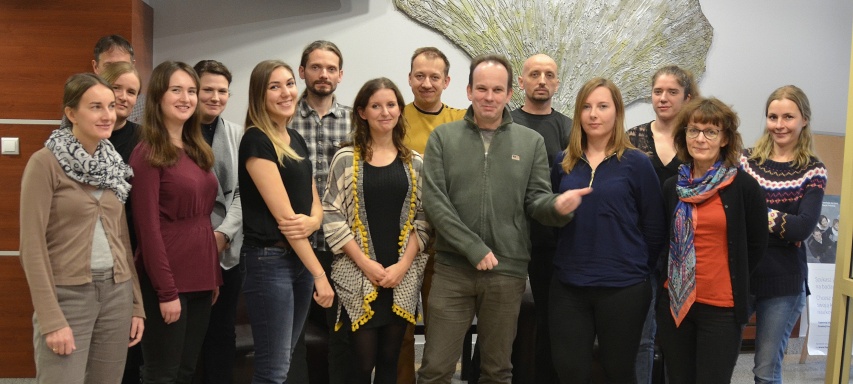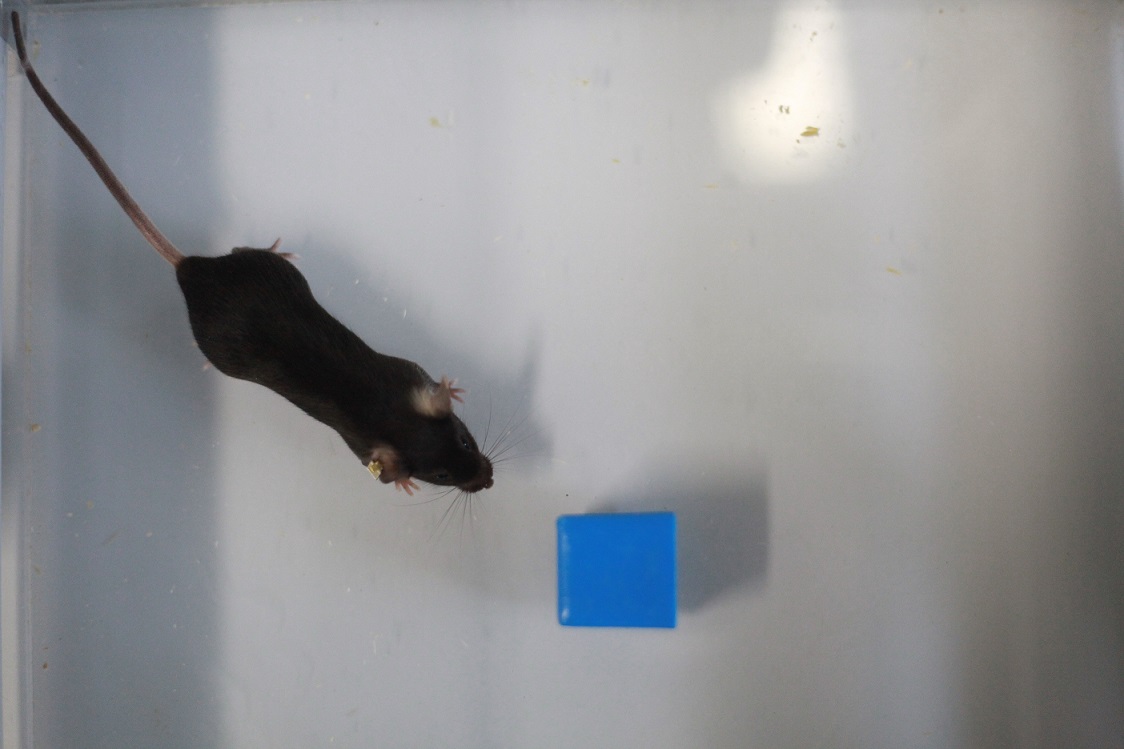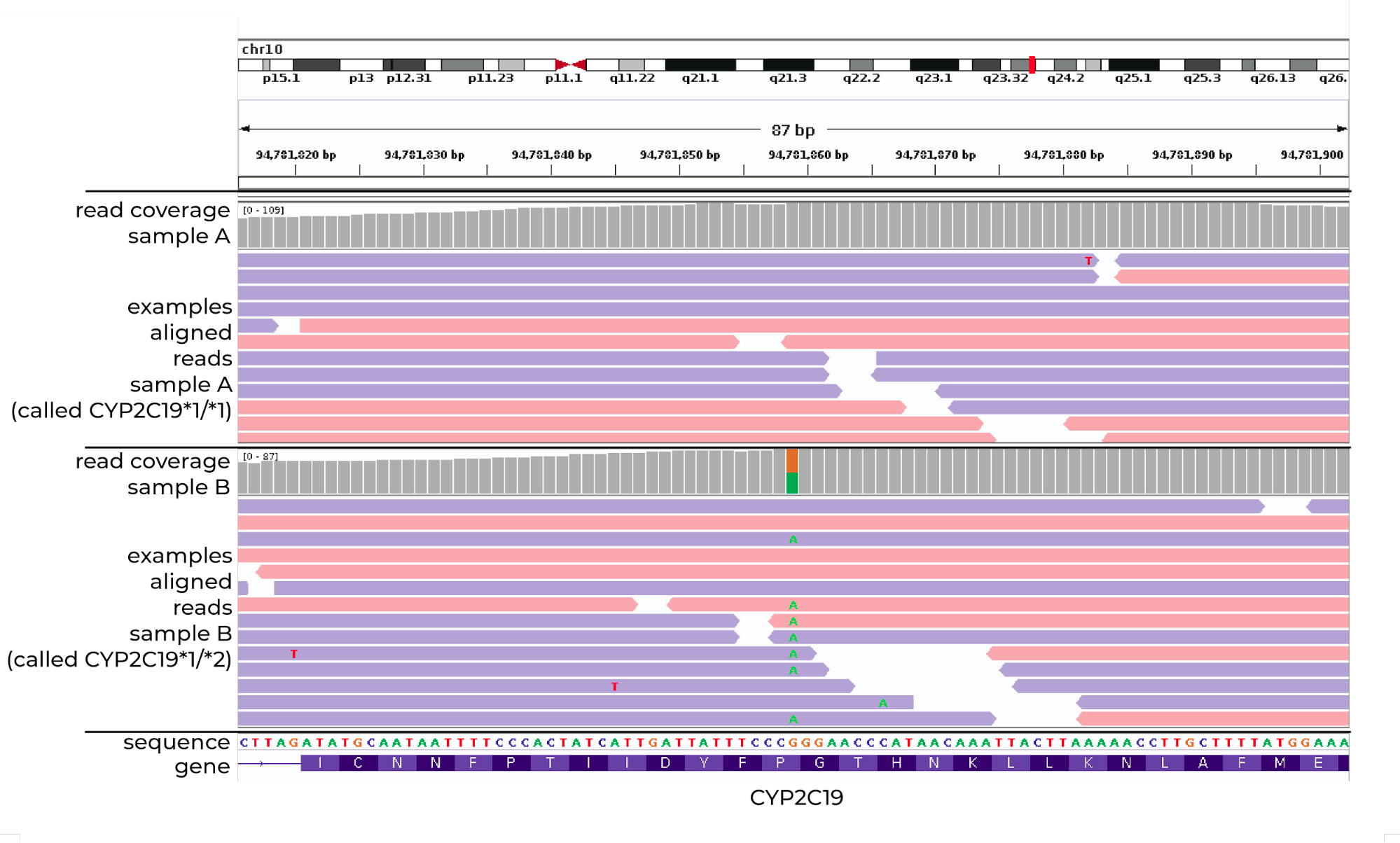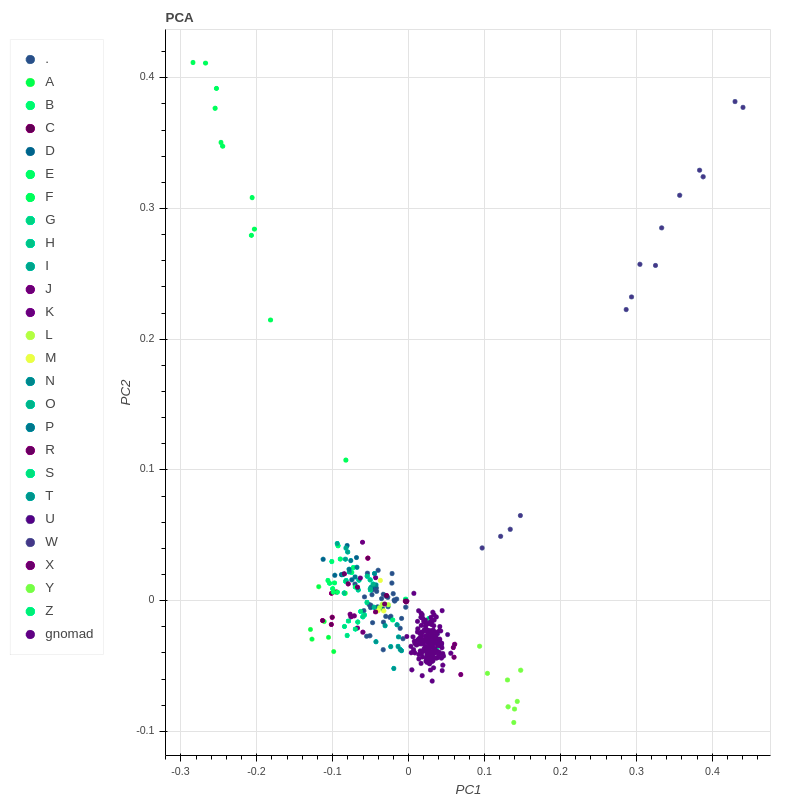Department of Molecular Neuropharmacology

Scientific profile
- About department
- Employees
- Laboratories
Our research focuses on three areas: the reward system of the brain, the molecular mechanisms of drug action, and neuro-pharmacogenomics.
The reward system of the brain encompasses all brain areas involved in reward-driven behaviors, with the mesolimbic dopamine system at the core. We have been studying the mechanisms involved in the plasticity of dopaminergic and dopaminoceptive neurons, and also the role of endogenous opioids in signaling rewards.
As the name of the Department implies a large part of our research focuses on the cellular and the molecular mechanisms of actions of psychotropic drugs, also with an emphasis on opioids. We hope that elucidating molecular signatures of drug action will lead to the identification of mechanisms essential for their therapeutic effects.
In recent years we have also been involved in neuro-pharmacogenomics, searching for associations between genetic background, neuropsychiatric disorders, and the effectiveness of pharmacotherapy. We use next-generation sequencing to discover novel common as well as rare genetic variants associated with drug effectiveness and safety. This is of particular interest in psychiatry due to large interindividual differences in therapy responses.




Professor Jan Manuel Rodriguez Parkitna, dr hab.
Head
Employees
Professor Ryszard Przewłocki, dr hab.
Michał Korostyński, dr hab.
Marcin Piechota, dr
Ganna Shayakhmetova, dr
Małgorzata Borczyk, dr
Sławomir Gołda, dr
Zofia Harda, dr
Alla Voronina, dr
Barbara Ziółkowska, dr hab.
Łukasz Szumiec, mgr
Lidia Radwan, mgr
Jacek Hajto, mgr
Klaudia Misiołek, mgr
Magdalena Ziemiańska, mgr
Mateusz Zięba, mgr
Employees
Michał Korostyński, dr hab.
Marcin Piechota, dr
Małgorzata Borczyk, dr
Jacek Hajto, mgr
Mateusz Zięba, mgr
Achievements
- Publications
- Grants
- Awards
Grant
The developmental changes in the endogenous opioid system associated with altered sensitivity to reward during adolescence
Klaudia Misiołek, MSc
Grant
Kappa opioid receptors integrate neuronal signaling involved in social behavior
Professor Jan Manuel Rodriguez Parkitna, PhD
Award
The Jerzy Konorski Team Award for the best study in neurobiology conducted in Poland awarded every year by the Polish Neuroscience Society and Committee of Neurobiology of the Polish Academy of Sciences
Professor Jan Manuel Rodriguez Parkitna, PhD
Transcriptional Effects of Heroin and Methamphetamine in the Striatum
Przewlocki, R., Korostynski, M., Piechota, M.
DOI: 10.1016/B978-0-12-800213-1.00087-0
Transcriptional Effects of Heroin and Methamphetamine in the Striatum
Przewlocki, R., Korostynski, M., Piechota, M.
DOI: 10.1016/B978-0-12-800213-1.00087-0
Genome-wide meta-analysis of cerebral white matter hyperintensities in patients with stroke.
Traylor M, Zhang CR, Adib-Samii P, Devan WJ, Parsons OE, Lanfranconi S, Gregory S, Cloonan L, Falcone GJ, Radmanesh F, Fitzpatrick K, Kanakis A, International Stroke Genetics Consortium
DOI: 10.1212/WNL.0000000000002263
Regulation of alternative gene transcription in the striatum in response to antidepressant drugs.
Piechota M, Golda S, Ficek J, Jantas D, Przewlocki R, Korostynski M
DOI: 10.1016/j.neuropharm.2015.08.006
Opioid-dependent regulation of high and low fear responses in two inbred mouse strains.
Szklarczyk K, Korostynski M, Cieslak PE, Wawrzczak-Bargiela A, Przewlocki R
DOI: 10.1016/j.bbr.2015.06.001
High-throughput gene expression profiling of opioid-induced alterations in discrete brain areas.
Korostynski M, Piechota M, Golda S, Przewlocki R
DOI: 10.1007/978-1-4939-1708-2_5
Mechanisms responsible for the acceleration of pulmonary V̇O2 on-kinetics in humans after prolonged endurance training.
Zoladz JA, Grassi B, Majerczak J, Szkutnik Z, Korostyński M, Grandys M, Jarmuszkiewicz W, Korzeniewski B
DOI: 10.1152/ajpregu.00046.2014
Expression profiling of genes modulated by minocycline in a rat model of neuropathic pain.
Rojewska E, Korostynski M, Przewlocki R, Przewlocka B, Mika J
DOI: 10.1186/1744-8069-10-47
Differential and converging molecular mechanisms of antidepressants' action in the hippocampal dentate gyrus.
Patrício P, Mateus-Pinheiro A, Irmler M, Alves ND, Machado-Santos AR, Morais M, Correia JS, Korostynski M, Piechota M, Stoffel R, Beckers J, Pinto L
DOI: 10.1038/npp.2014.176
Corrigendum: CREB activity in dopamine D1 receptor expressing neurons regulates cocaine-induced behavioral effects.
Bilbao A, Rieker C, Cannella N, Parlato R, Golda S, Piechota M, Korostynski M, Engblom D, Przewlocki R, Schütz G, Spanagel R, Rodriguez Parkitna J
DOI: 10.3389/fnbeh.2014.00239